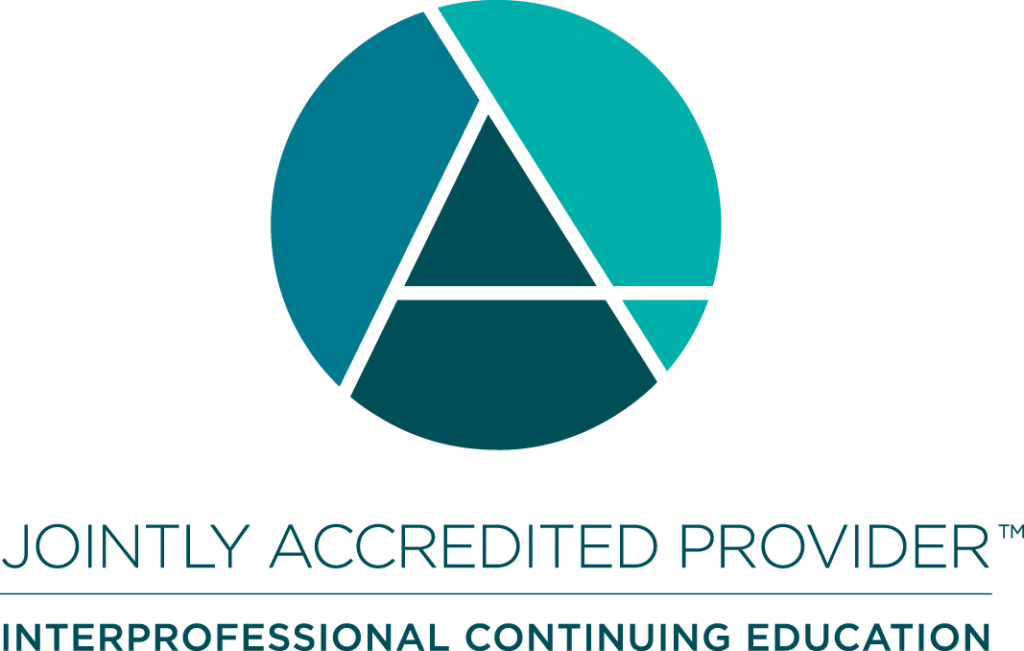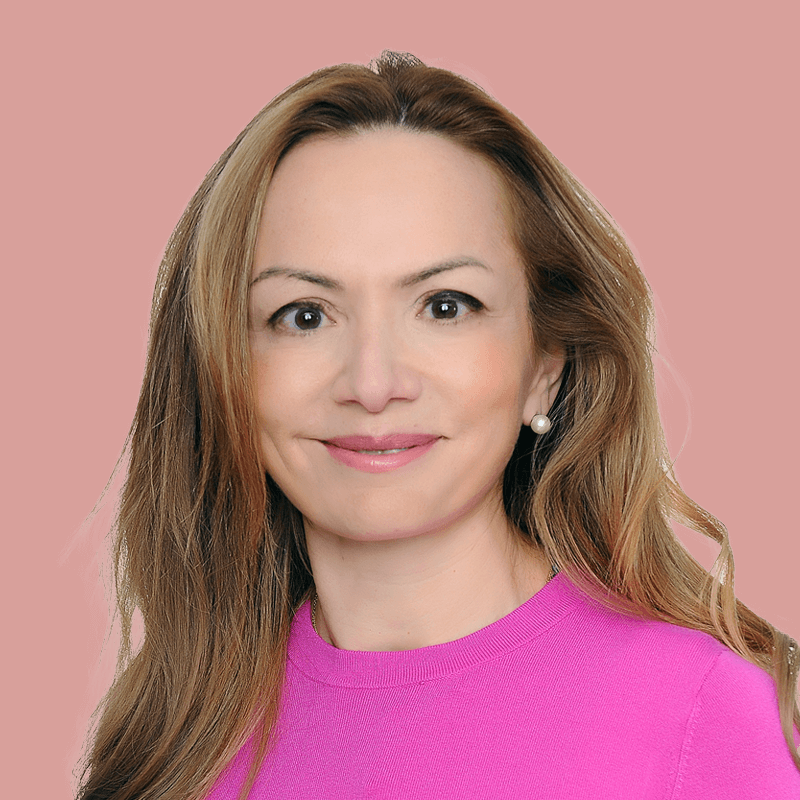Integrating Ketone and Glucose Monitoring for Optimized Diabetes Management
Are you up to date with the latest advancements in ketone monitoring?
Diabetic ketoacidosis (DKA) remains a serious and potentially life-threatening complication of diabetes mellitus, primarily affecting individuals with type 1 diabetes (T1D) but increasingly observed in those with type 2 diabetes (T2D). The integration of diabetes technology, including continuous ketone monitoring (CKM), presents challenges for both patients and clinicians.
1.0 AMA PRA Category 1 Credits™ available (look for the badge)
Interested in learning more? Listen to Dr. David Kerr as he discusses the goals of this CME Program.
Learning Objectives
Following completion of this independent educational program, you will be able to:
- Identify the most recent guidelines and definitions of DKA.
- Explain the etiology and identify risk factors of DKA.
- Evaluate current and emerging ketone monitors, including CKMs, and their recent clinical trial data.
- Describe the most useful clinical scenarios to use various ketone monitoring systems.
- Identify patient barriers preventing optimal ketone monitoring.
About the Program
Our CME-accredited Ketone Monitoring Masterclass, an on-demand digital learning experience, will update you on guidelines, pathophysiology of DKA, innovations in ketone monitoring, and overcoming barriers to ketone monitoring.
Target Audience
This program is aimed at US-based primary care physicians (PCPs) who are looking to improve their knowledge and skills in ketone monitoring technology for patients with T2D.
Program Activities
Experience on-demand, digital e-learning modules that examine the landscape of ketone monitoring.
- Earn up to 1.0 AMA PRA Category 1 Credits™
Listen to the program director highlight and dive into breaking news and clinical implications of data presented at the 2025 American Diabetes Association (ADA) conference.
Learning Objectives
Following completion of this independent educational program, you will be able to:
- Identify the most recent guidelines and definitions of DKA.
- Explain the etiology and identify risk factors of DKA.
- Evaluate current and emerging ketone monitors, including CKMs, and their recent clinical trial data.
- Describe the most useful clinical scenarios to use various ketone monitoring systems.
- Identify patient barriers preventing optimal ketone monitoring.
About the Program
Our CME-accredited Ketone Monitoring Masterclass, an on-demand digital learning experience, will update you on guidelines, pathophysiology of DKA, innovations in ketone monitoring, and overcoming barriers to ketone monitoring.
Target Audience
This program is aimed at US-based primary care physicians (PCPs) who are looking to improve their knowledge and skills in ketone monitoring technology for patients with T2D.
Meet the Faculty
Program Director
Center for Health Systems Research, Sutter Health
Santa Barbara, CA
United States
Faculty Member
University of California San Francisco (UCSF)
San Francisco, CA
United States
Accreditation

In support of improving patient care, this program has been planned and implemented by the Postgraduate Institute for Medicine and Springer Healthcare IME. The Postgraduate Institute for Medicine is jointly accredited by the Accreditation Council for Continuing Medical Education (ACCME), the Accreditation Council for Pharmacy Education (ACPE), and the American Nurses Credentialing Center (ANCC) to provide continuing education for the healthcare team.
The Postgraduate Institute for Medicine designates this enduring material for a maximum of 1.0 AMA PRA Category 1 Credit(s)™. Physicians should claim only the credit commensurate with the extent of their participation in the program.

Planning Committee
In addition to the expert faculty, the Postgraduate Institute for Medicine and Springer Healthcare IME planners and staff include Holly Keatts, Judith Mitchek, Maria Glukhovsky, Elizabeth Samander, Alessandra Geffner-Smith, and Kristen Rogers. The Planning Committee has no financial relationships to disclose.
All relevant financial relationships of the faculty have been mitigated.







